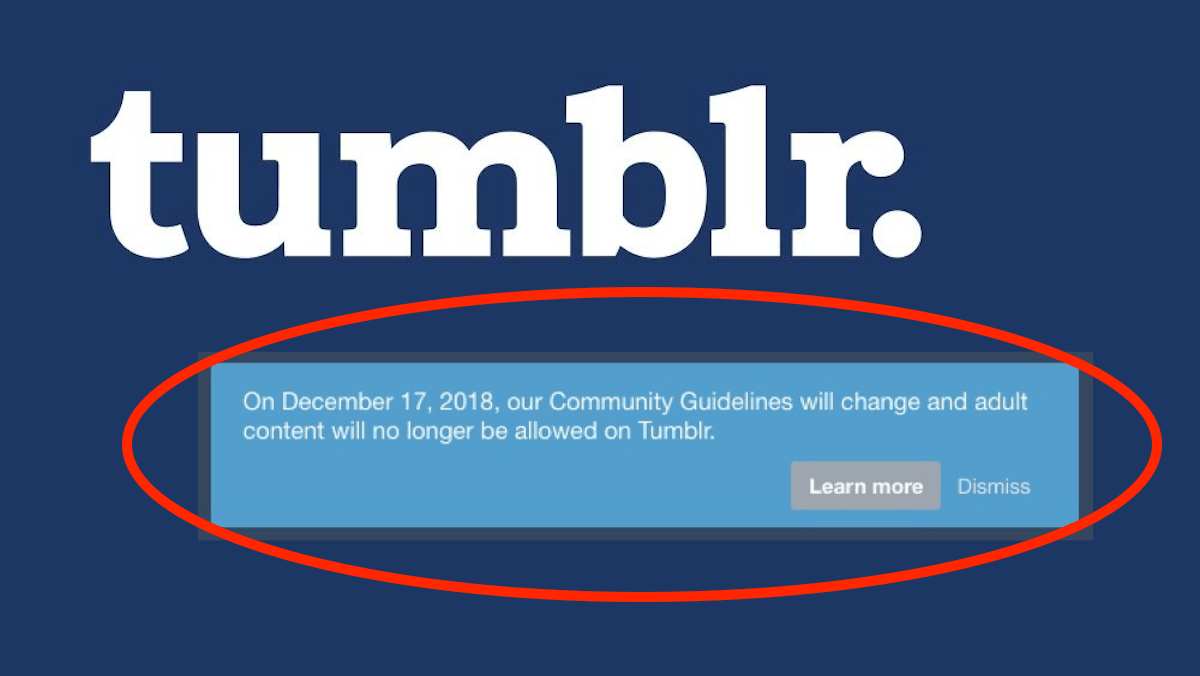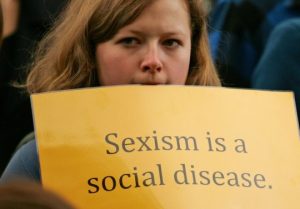Out of all of the more recent news stories regarding media and the internet, the one that would probably have the biggest and most immediate effect on people would have to be what has recently happened in Tumblr, a very popular social media website. What was essentially an attempt to get rid of pedophiles and underage material is being turned into a complete purge of all pornographic and not save for work material on the website as well as the blogs that produce them. Virtually all social media platforms have measures that are taken in order to prevent such a thing, but Tumblr wend to a completely different level. Most people feel that this might have been a bit overkill for the issue compared to what other social media platforms do when encountering this type of problem. It was stated, from Jeff D’Onofrio the CEO of Tumblr, that the major pros and cons of the decision were closely looked at and it was decided that the ban was the best thing for the website to do for this specific issue. The goal, he said, was to help make a “better, more positive Tumblr” where people feel comfortable expressing themselves.
Unfortunately, this doesn’t mean that the vast number of artists and sex involved workers would be able to express themselves freely like the other users. This way that Tumblr is dealing with the problem and threat of underage pornographic is in complete disregard of the many, many sex workers and artists who make a living easily because of the website. Because of the complete disregard to those who might be adult content creators and use Tumblr to help make a living for themselves, this act is completely discriminatory to these people. Those who are in charge of Tumblr are showing that they don’t actually care for a very large percentage of their site’s population by doing this sort of thing.
Along with the mass exodus of artists and sexual workers, a very large number of pedophiles are moving to different social media platforms, primarily Twitter. Many of them are attempting to change their labels by calling themselves minor attracted people (M.A.P.) and saying that they are non-contacts well as claiming that pedophilia is a valid sexuality. These people have even faked that members of the LGBT had added a P to represent pedophiles, but this was quickly shown to be a lie. This is a tactic that these people are using in order to be accepted to the in-group. They may believe that, if they are able to become part of the in-group, pedophilia might be normalized and thought of as a valid sexuality so that they can be left to their own devices with this sort of thing.
Tumblr to ban all adult content. (2018, December 8). Retrieved December 5, 2018, from https://www.nbcnews.com/tech/tech-news/tumblr-ban-all-adult-content-n943226



